In recent years, the role of social media in shaping political landscapes has become a focal point of discussion globally. New Zealand is no exception, as the digital realm increasingly influences the nation's political processes. From shaping public opinion to facilitating misinformation, social media's impact on politics can no longer be ignored. This article delves into how social media is harming New Zealand's political arena and explores actionable strategies to mitigate these challenges.
The Impact of Social Media on New Zealand's Politics
Social media platforms like Facebook, Twitter, and Instagram have become integral to political campaigns in New Zealand, offering politicians a direct line to the electorate. However, this convenience comes with significant challenges. According to a 2023 report by Stats NZ, over 80% of Kiwis access news through social media, raising concerns about the reliability of information and the potential for echo chambers that reinforce existing biases.
Case Study: The 2020 General Election
The 2020 New Zealand General Election serves as a poignant case study. During this election cycle, social media platforms were awash with misleading information, which many believe influenced voter perceptions. A study by the University of Auckland found that 65% of the misinformation spread during the election originated from social media, highlighting the critical role these platforms play in shaping political narratives.
How Social Media Works in Political Contexts
Social media's algorithm-driven nature is designed to enhance user engagement, often at the expense of factual accuracy. The algorithms prioritize sensational content, which can skew political discourse. For instance, a 2022 analysis by the Ministry of Business, Innovation, and Employment (MBIE) revealed that posts with inflammatory political content received 70% more engagement than those presenting balanced viewpoints.
Expert Insights: Navigating the Social Media Maze
Experts emphasize the need for a balanced approach to social media use in politics. Dr. Maureen Palmer, a political communications expert at Massey University, suggests that a combination of regulatory oversight and public awareness campaigns is essential. "Educating the public on identifying misinformation and fostering critical thinking skills can significantly lessen social media's negative impact on politics," she notes.
Addressing the Challenges: A Multi-Pronged Approach
- Regulatory Measures: The New Zealand government can take a cue from the European Union's Digital Services Act, which holds platforms accountable for content moderation. Implementing similar regulations can help curb the spread of misinformation.
- Public Education: Integrating media literacy into the national curriculum can equip future generations with the tools needed to critically assess information.
- Cross-Platform Collaboration: Encouraging collaboration between social media companies and fact-checking organizations can ensure the rapid debunking of false information.
Contrasting Perspectives: The Debate
While some argue for stricter regulations to control misinformation, others caution against potential overreach that might stifle free speech. A middle ground could involve self-regulation by social media companies, coupled with public accountability mechanisms. This approach balances the need for information integrity with the preservation of free expression.
Real-World Examples: Global Lessons for New Zealand
Globally, countries like Finland have successfully implemented national media literacy programs, leading to a more informed electorate. New Zealand could adopt similar strategies, tailoring them to its specific cultural and educational context.
Pros and Cons of Social Media in Politics
✅ Pros:
- Direct Engagement: Politicians can engage directly with constituents, fostering transparency.
- Wider Reach: Social media enables political messages to reach diverse demographics.
- Cost-Effective Campaigning: Platforms provide a cost-effective means for political advertising.
❌ Cons:
- Misinformation Spread: Social media can amplify false information rapidly.
- Polarization: Algorithms may create echo chambers, increasing political polarization.
- Lack of Accountability: Anonymity can lead to irresponsible discourse.
Common Myths & Mistakes
Myth: "Social media always reflects public opinion."
Reality: Social media often amplifies extreme views, not necessarily reflecting the broader public sentiment. According to a 2023 survey by Consumer NZ, only 30% of Kiwis believe social media accurately represents public opinion.
Myth: "More engagement means more influence."
Reality: While engagement can increase visibility, it doesn't always translate to influence. A study by NZ Business Insights revealed that posts with high engagement often lacked substantive impact on voter decisions.
Future Trends in Social Media and Politics
Looking ahead, emerging technologies such as AI and machine learning could further disrupt the political landscape. By 2026, experts predict that AI-driven tools might be able to identify and flag misinformation in real-time, potentially reducing its impact. Additionally, as data privacy becomes a growing concern, expect to see more stringent regulations governing how political campaigns can leverage social media data.
Conclusion
Social media's influence on New Zealand's politics is undeniable, presenting both opportunities and challenges. By implementing robust regulatory frameworks, enhancing public education, and fostering cross-platform collaboration, New Zealand can mitigate the adverse effects of social media while harnessing its potential for positive political engagement. As voters and policymakers, it is crucial to remain vigilant and informed in this rapidly evolving digital landscape.
What are your thoughts on social media's role in politics? Share your insights in the comments below!
People Also Ask
How does social media impact politics in New Zealand? Social media significantly influences public opinion and political campaigns in New Zealand, often leading to misinformation and polarization. Effective strategies can help mitigate these issues.
What are the biggest misconceptions about social media in politics? One common myth is that social media accurately reflects public opinion. However, research shows it often amplifies extreme views.
What strategies can mitigate social media's impact on politics? Experts recommend regulatory measures, public education, and collaboration between platforms and fact-checkers to reduce misinformation.
How can New Zealand implement effective social media policies? New Zealand can draw from global examples like the EU's Digital Services Act, adapting policies to fit its unique political and cultural context.
Related Search Queries
- Social media and politics in New Zealand
- Impact of misinformation on NZ elections
- Regulating social media content in New Zealand
- How to identify fake news on social media
- Social media education in New Zealand schools
- Political advertising on Facebook in New Zealand
- AI in detecting misinformation
- Echo chambers in social media
- Future of social media regulation
- Social media algorithms and political polarization







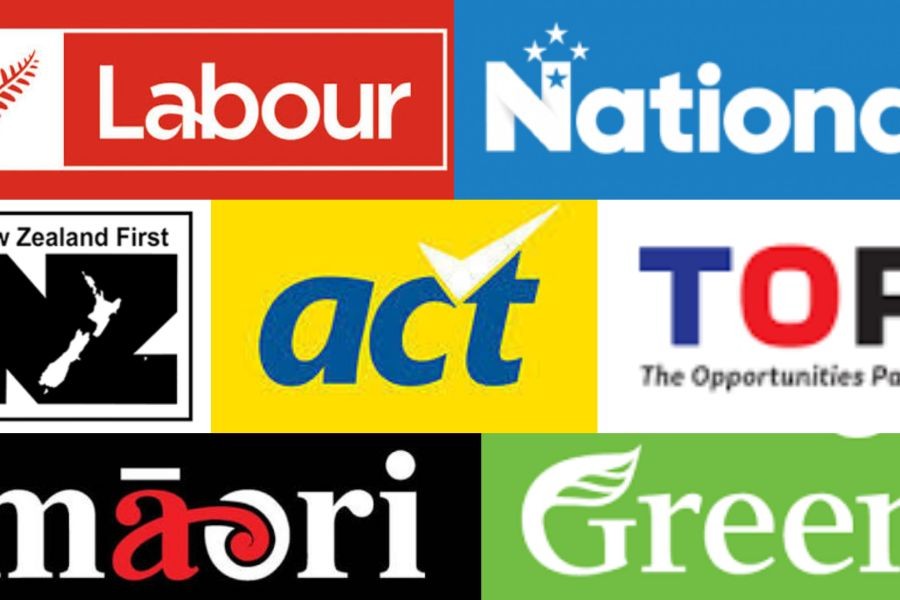


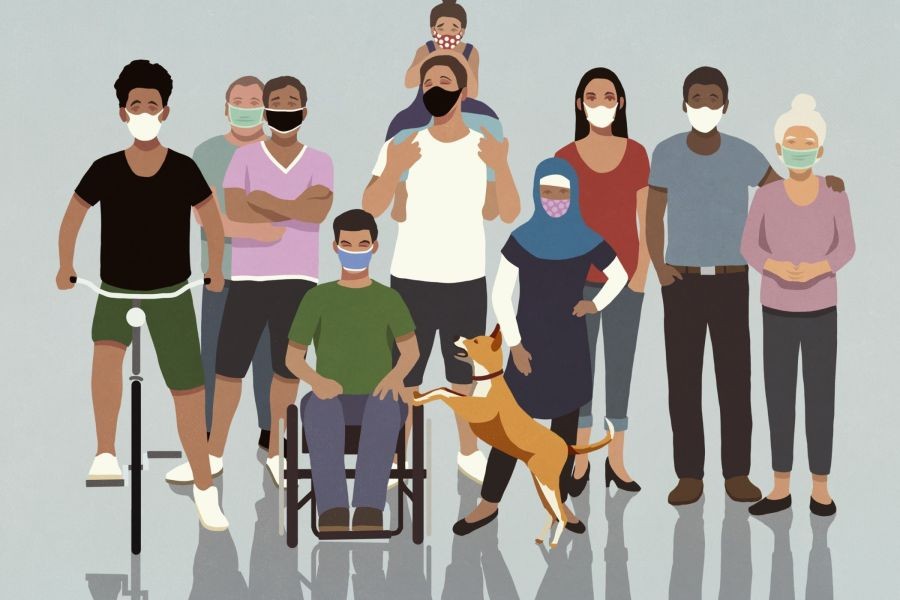


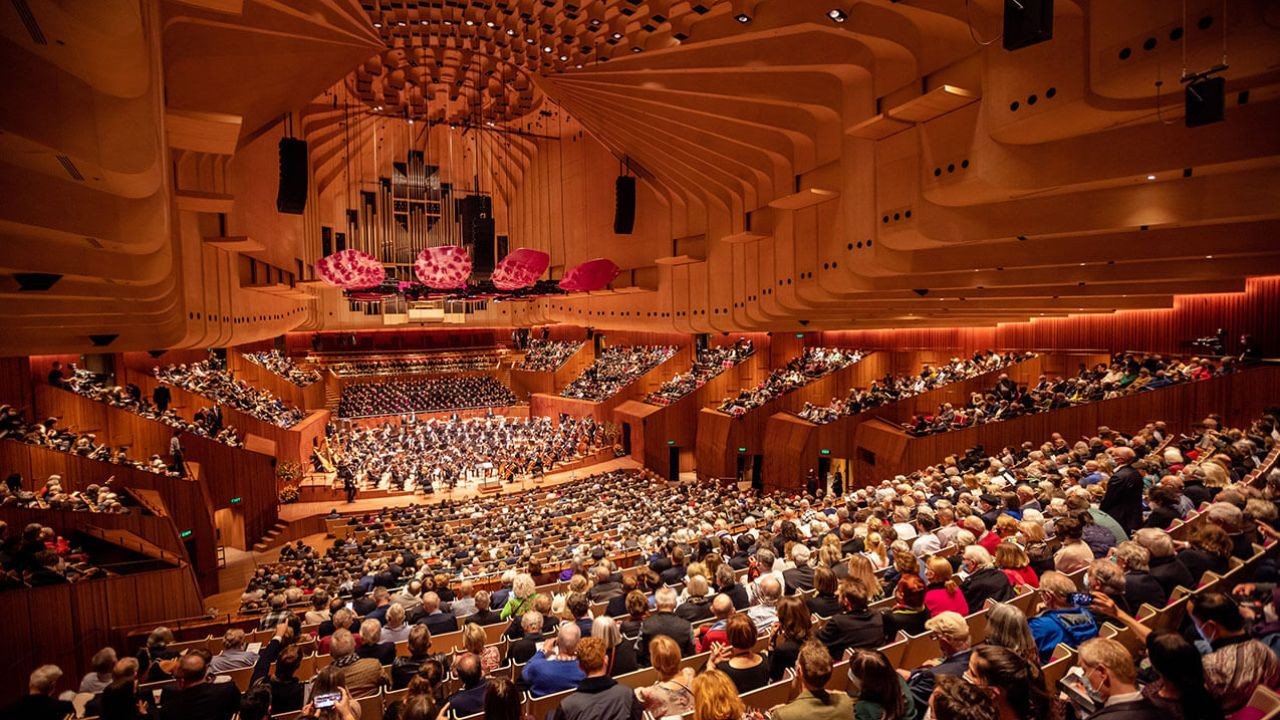



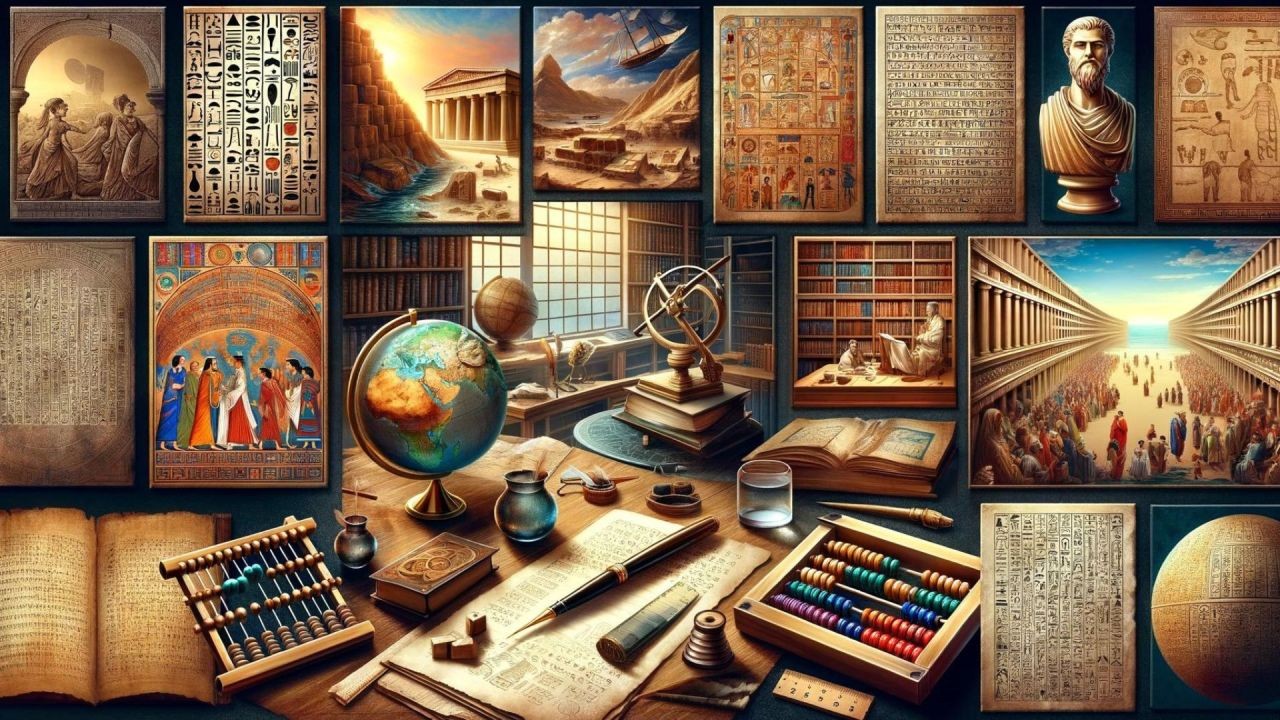


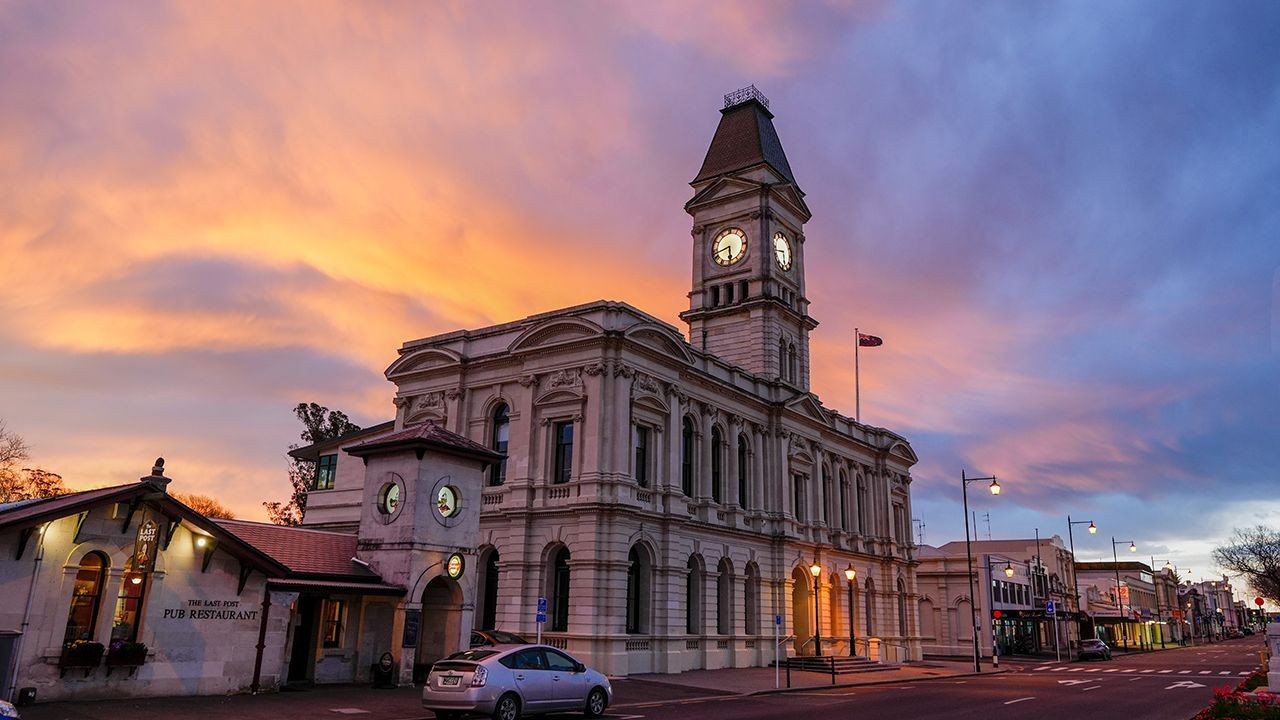
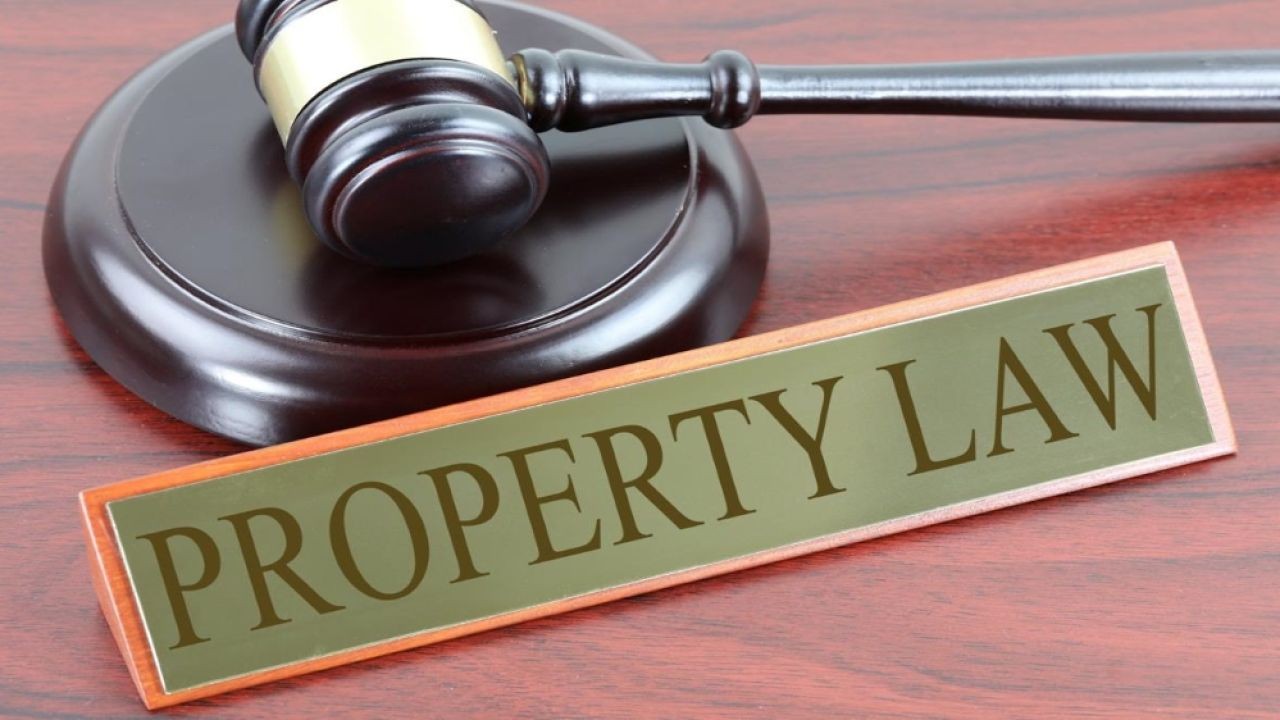
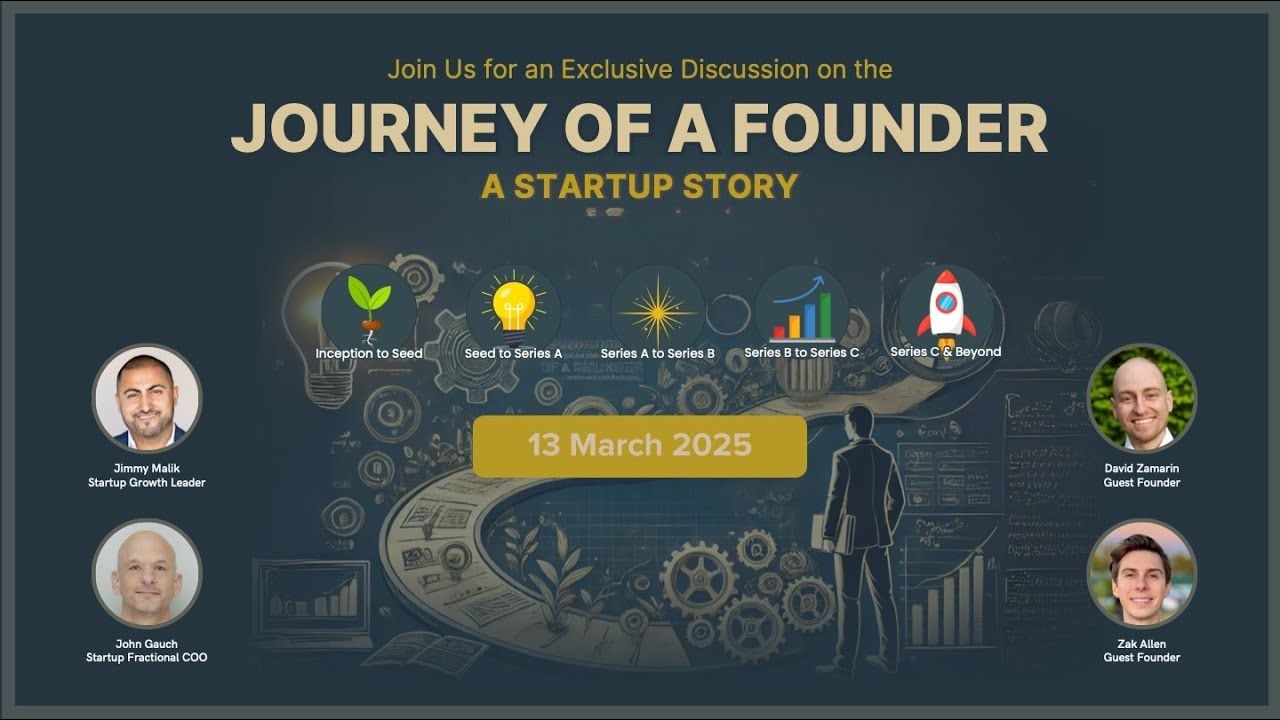
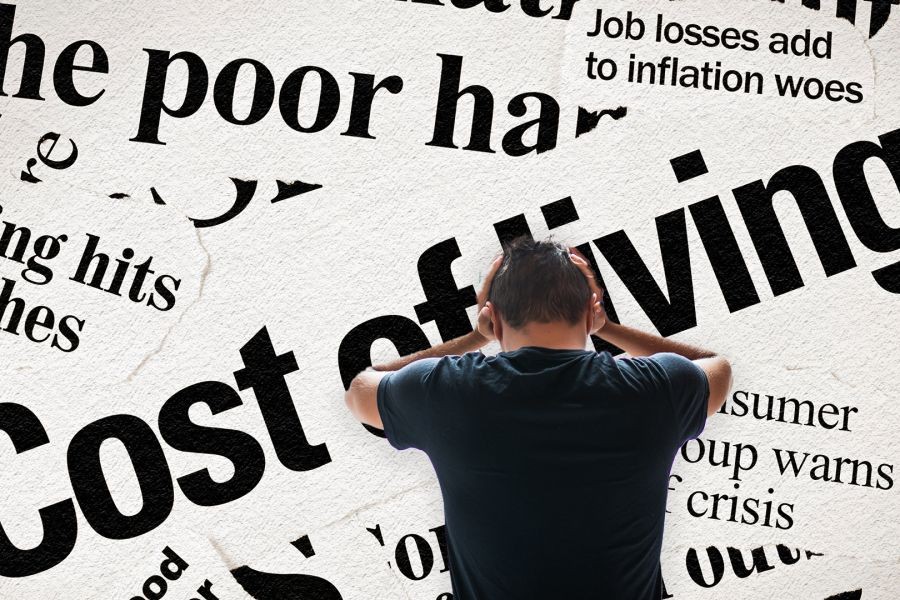









neelamnainital0
6 months ago